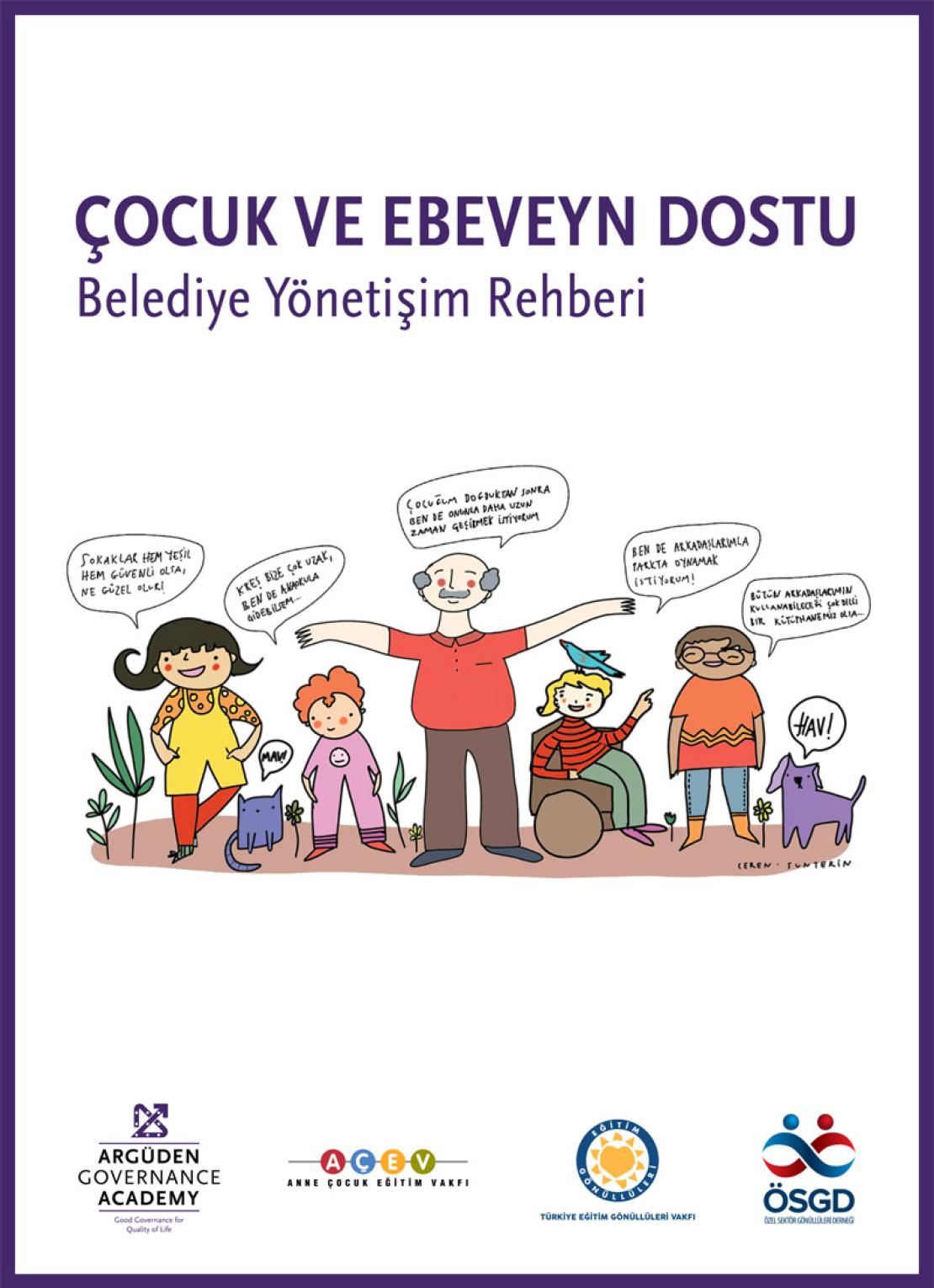Child and Parent Friendly Municipality Governance Guide
With the Child and Parent Friendly Municipality Governance Guide, we aim to contribute to the structural enhancement of municipalities' ability to support the development of parents and children and to formulate developmental recommendations in terms of policies and practices. Additionally, we support the implementation of developmental practice recommendations by highlighting collaboration among the public sector, civil society, and private sector. The collaboration, structure, and scope of our project, which addresses municipalities in terms of being parent and child-friendly and develops practical recommendations, possess qualities that can serve as an example to many NGOs.
Starting from supporting the development of parents and children in early childhood and encompassing all stages of a child through a collaborative model covering various aspects, we involve private sector volunteers in the process, thereby broadening our coverage in terms of both different societal groups and different age groups.
As stakeholders of the project, the approach of the Argüden Governance Academy Foundation towards the implementation of governance concepts in all structures, its experience in content development related to local governments, and its work on the implementation of governance principles and awareness-raising activities for children, along with the experiences gained from the activities conducted by the Mother Child Education Foundation for early childhood and parents, play a significant role in shaping the project's content. Similarly, the programs offered by the Education Volunteers Foundation of Türkiye for children aged 7-12 and adults, and the collaboration structure formed by bringing together professionals in senior positions in the private sector through the Association of Private Sector Volunteers to support the development of children aged 9-17 serve as examples of collaboration.
With this Guide, we define child and parent-friendly governance in a structural sense by basing governance processes on governance principles behaviorally, in line with our project's goal. We completed our examinations of district municipalities based on this philosophy and conducted them through publicly accessible data that anyone can easily access. Based on the details of the project findings, we reported our conclusions with developmental policy recommendations for municipalities. Through all these efforts, we aim for the guide we provide to serve as a reference for leaders and practitioners triggering transformation and development in municipalities, towards developing "child and parent-friendly" practices.















